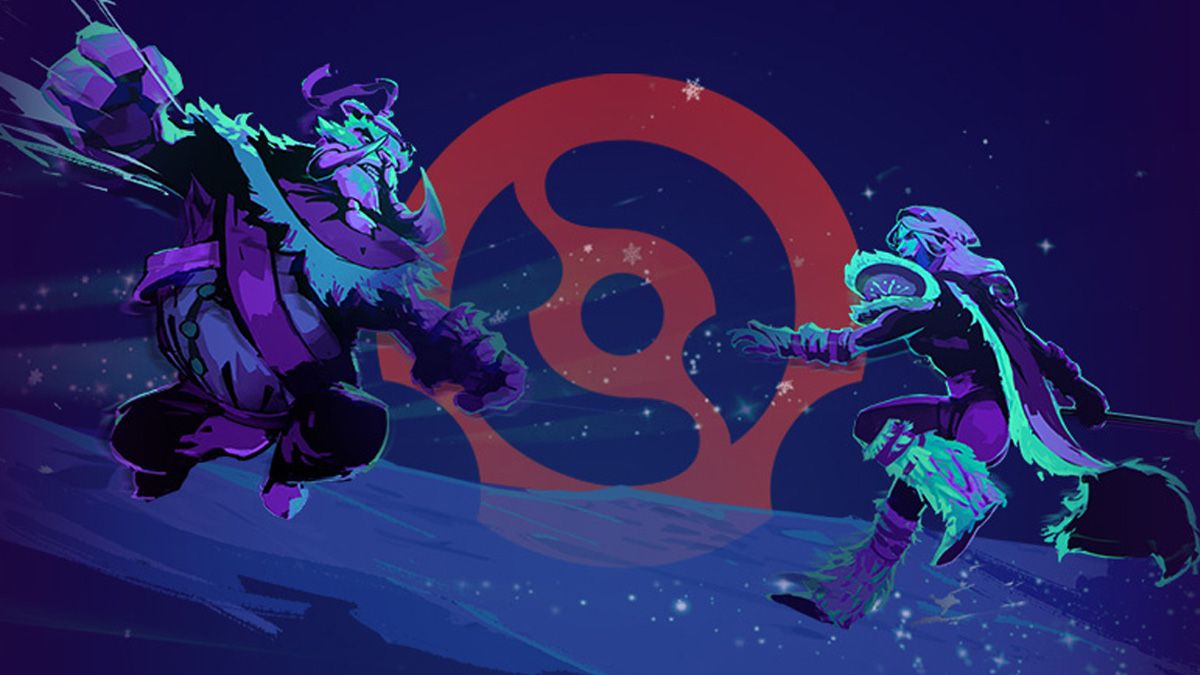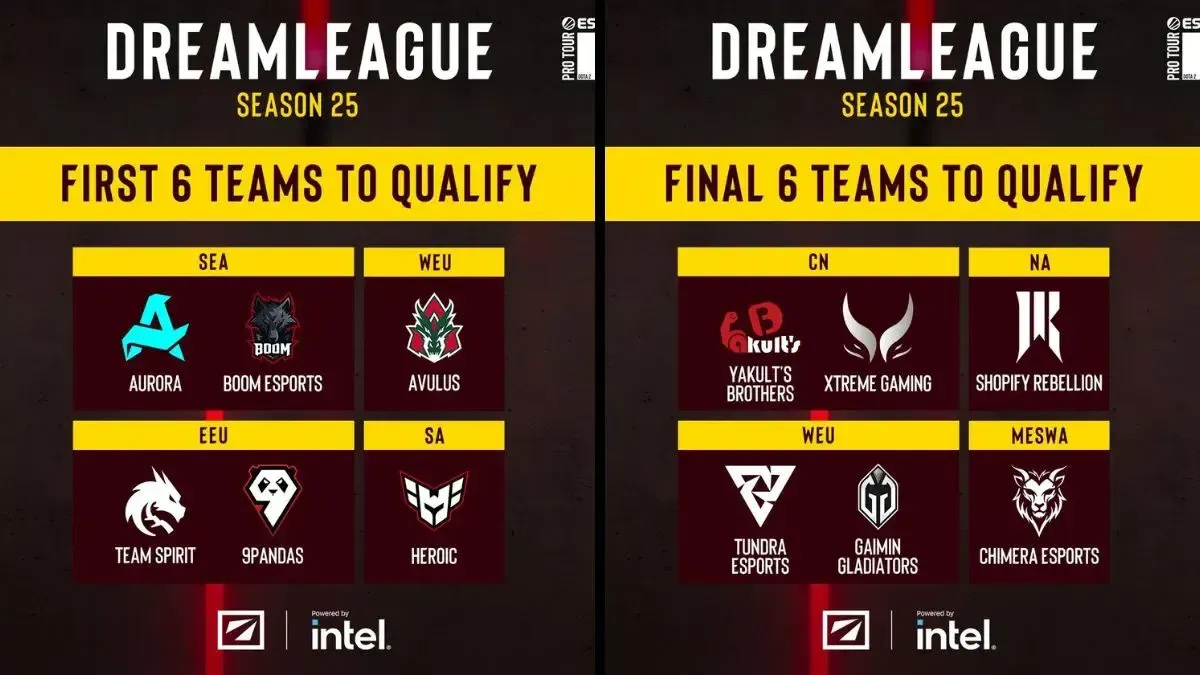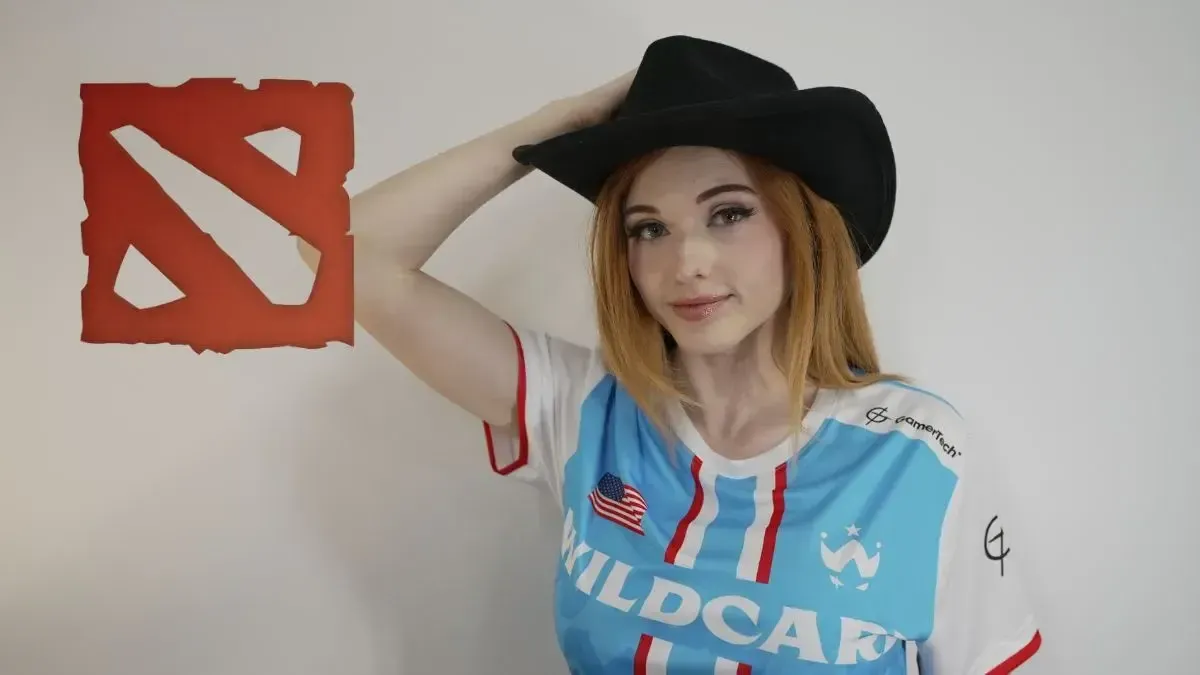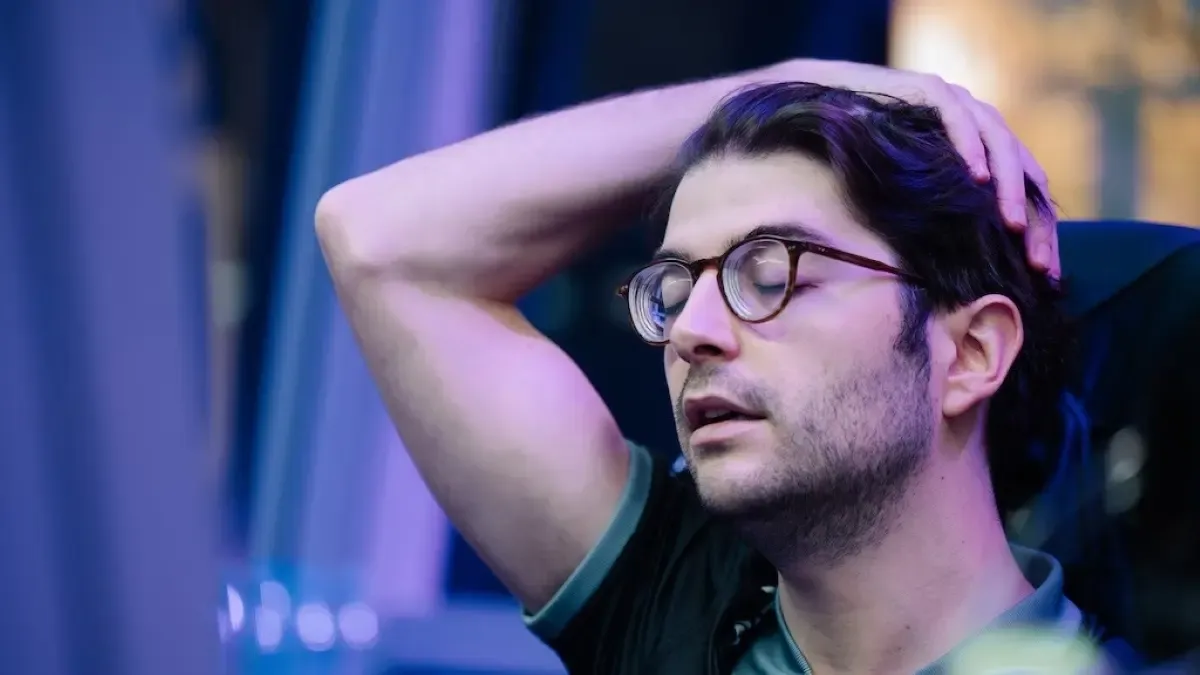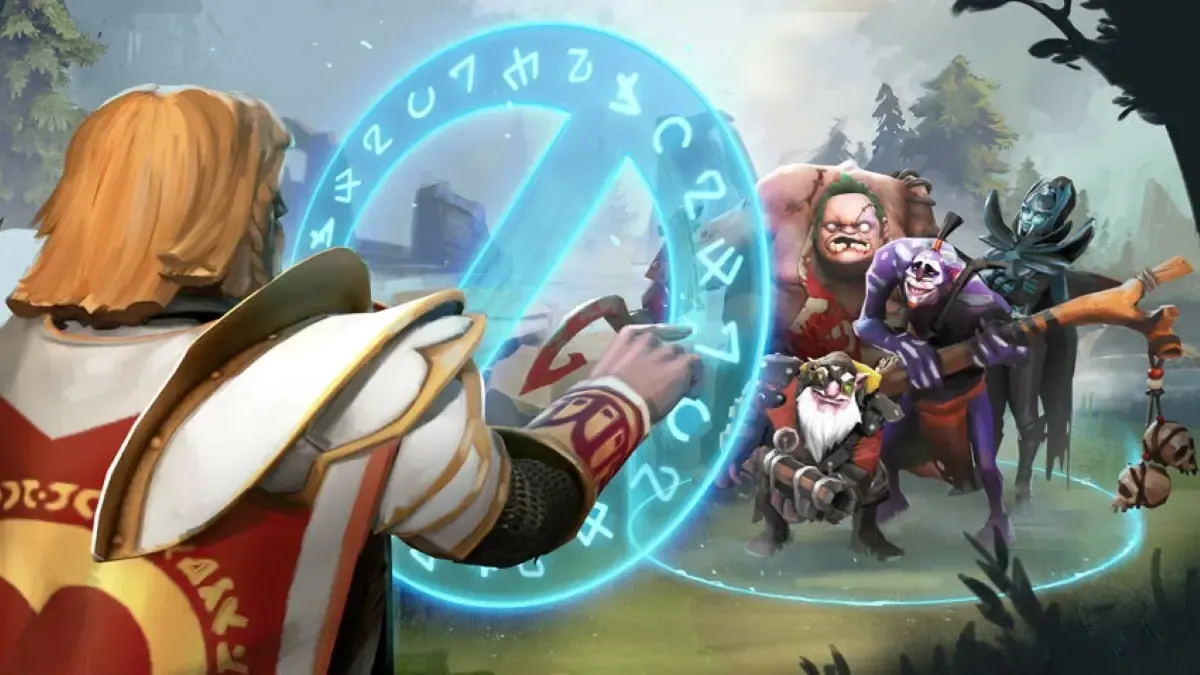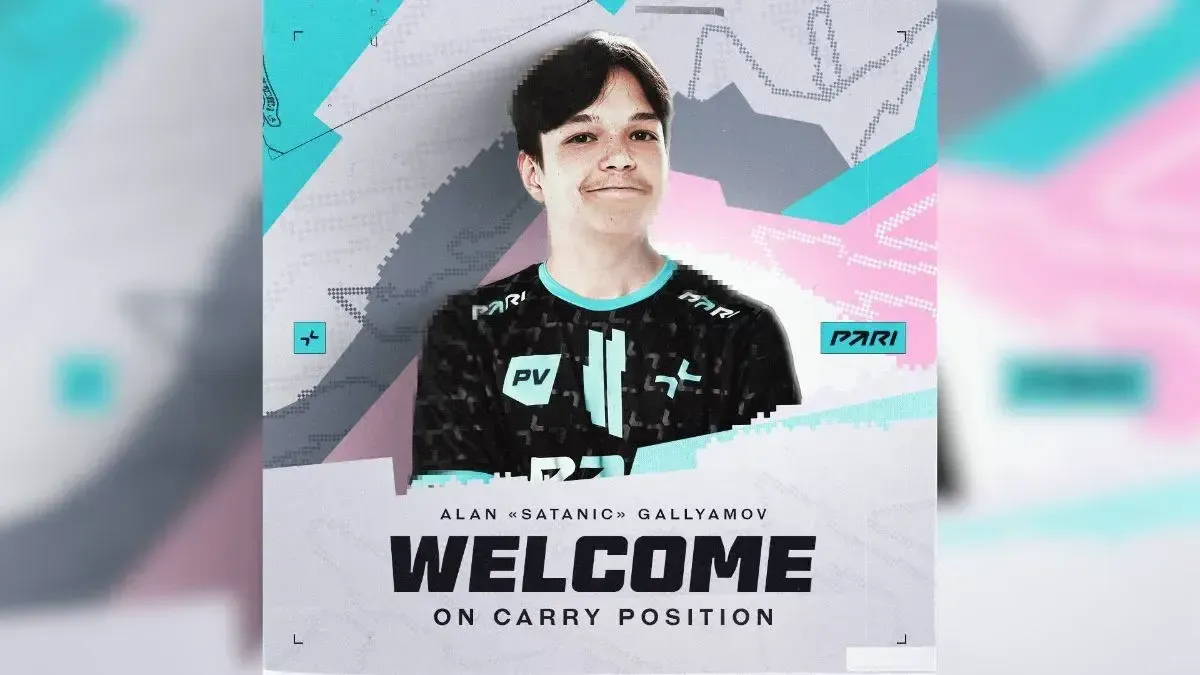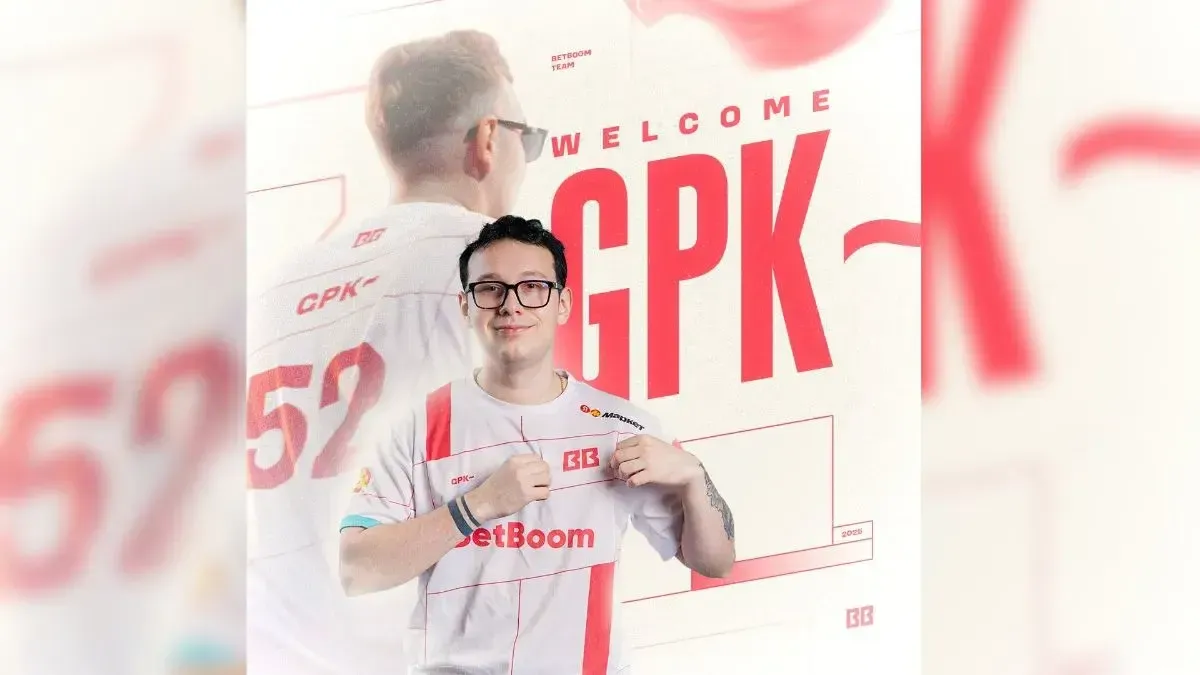Based on player and community feedback, the Dota Pro Circuit has been improving. But there are more avenues to make it even better.
The Dota Pro Circuit (DPC) based around regional leagues was launched in 2021, and we have had two full years of the Dota 2 season played around the current system. When it was first introduced, Division I and Division II leagues were played simultaneously, but they went on for six weeks. After a lot of pushback on the league duration, they were shortened to three weeks for the first tour of the 2023 DPC season.
But even with the new three week format, all the issues haven’t been resolved. There is still quite a bit of scope for improvement for a better Dota 2 season. Here, we look at a few of the alternatives. While looking at the current system and the alternatives, the months are divided into four weeks to approximate the timings of the qualifiers, leagues and majors.
Current DPC Structure
The current DPC system begins in the new year (open and closed qualifiers for the winter tour take place in the previous year). This is a very good thing because the road up to The International is quite grueling, and for the top 20 teams that make it to TI, this is a much required break. If Valve plans to continue to host TI in October, starting the new season in the new year is good from the point of view of the players, especially since teams no longer have the option to sit out a tour.
The first glaring issue with the current structure is the lack of any white space (no DPC related games) on the calendar from January to the start of July. There are approximately three to four weeks of inactivity, and while that may seem good at first thought, it isn’t.

The biggest thing this hinders is third party tournaments from happening. Other than player fatigue in the six week leagues, one of the issues of the old format was there being no time for third party tournaments, which continues to be the case now as well. Now an argument can be made that they can still be held when the Division II leagues are being played, but that’s a bit unfair on those teams. One of the beautiful things about third party events is teams can experiment and play a bit more freely, and in that, there is very much a possibility of a tier 1.5 or tier 2 team pipping the top teams to make it to a LAN. So keeping them out of the equation isn’t the solution.
The second issue is there is no good time for the release of a massive meta changing patch in the game (we used to have those till a couple of years ago, in case people have forgotten). Any release is going to be a week away from some DPC games. A two or three week buffer after a patch release is conducive for the DPC system so that teams have a decent amount of time to understand the patch.
Read also: Evolution of the Dota Pro Circuit
Read also: What's to blame for the lack of third party Dota 2 events?
The last glaring issue is the dearth of days off after a season ends. From the time Lima Major ended to the day the DPC Spring Tour began, there were seven days. For the teams that were in Peru, that meant traveling back to their home countries, getting over the jet lag and pretty much getting back to the grind again right away. In a recent interview with Monster Energy, Team Liquid’s analyst Mathis "Jabbz" Friesel mentioned that the last few days of the Lima Major were mentally taxing and he fell ill, but there was no time to take off for recovering. There are people in the community that make the point that teams should be up for this when they are competing for millions in prize money, but this is pushing it a little bit.
Possible New DPC Structure 1
In the first revamped structure, the Division I and Division II DPC Leagues take place in the same three weeks. It will be three weeks of action packed Dota 2 action, followed by a two week break before the DPC Major. This will open up some space for third party tournaments, and also give the teams attending a major to get themselves together before the new season begins.

The issue with this structure is that the open and closed qualifiers will have to be slightly expedited as Division II will be played with Division I. But with there being a two week gap between seasons, that shouldn’t be too much of an issue.
Possible New DPC Structure 2
Now when Division I and Division II leagues are taking place at the same time, there isn’t the benefit of Division II storylines getting the attention they deserve, as most spectators are more enticed with Division I results. But with the second potential new DPC structure, that issue is resolved as there is just a one week overlap between the two divisions and both end separately. This will require the leagues to be further compressed though, into two week leagues.

Now I know what you’re thinking – isn’t that too much Dota 2 for the teams? Seven series in a matter of 14 days? This is something that can be discussed with players, but most teams wouldn’t mind that as players don’t want to cool down once an official tournament begins; they want to maintain that high of competition. That was one of the major issues with the six week format. And look at TI – teams play nine best-of-2s in 5 days! Let’s go back to the very first Valve Major – The Frankfurt Major (what a tournament that was!). The qualifiers for that lasted for four days, which included four best-of-2 series followed by a four team double elimination bracket. Teams are not averse to playing three to four bo2s in a week.
The professional Dota 2 scene has been in a state of transition for the past few years, so it is natural that we come across a few bumps in the road. The goal is to keep improving it until we have a system that’s the most conducive for the scene, and reducing the league duration from six to three weeks was a big step in the right direction. Hopefully over the next few tours, Valve can iron out the remaining issues and make the Dota 2 year even better.

